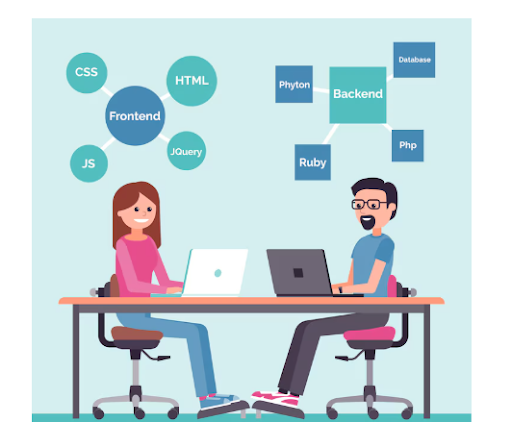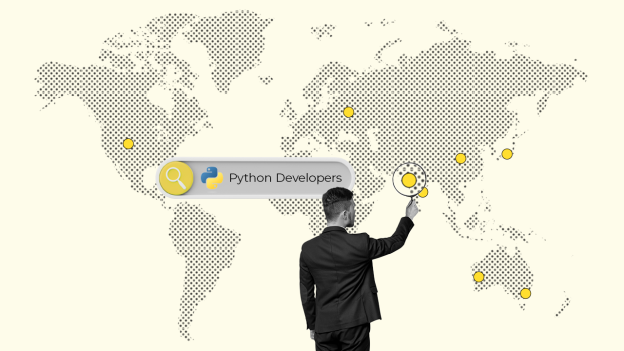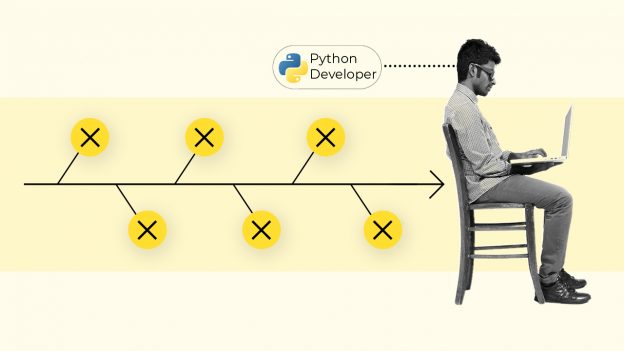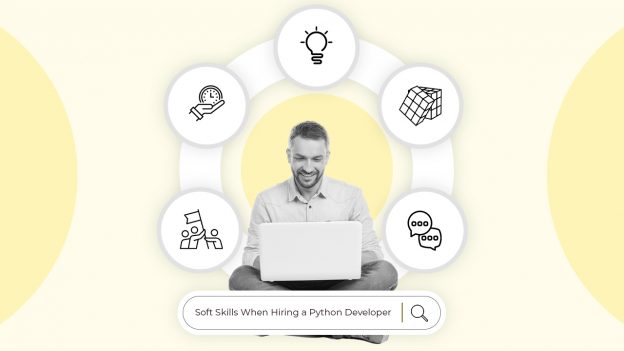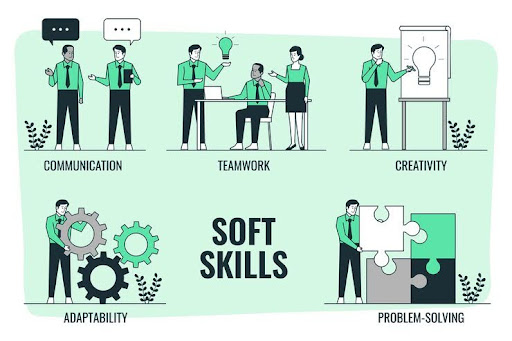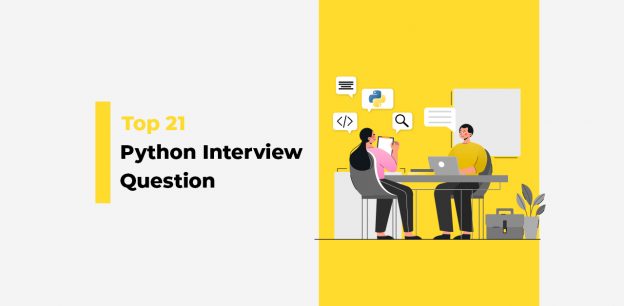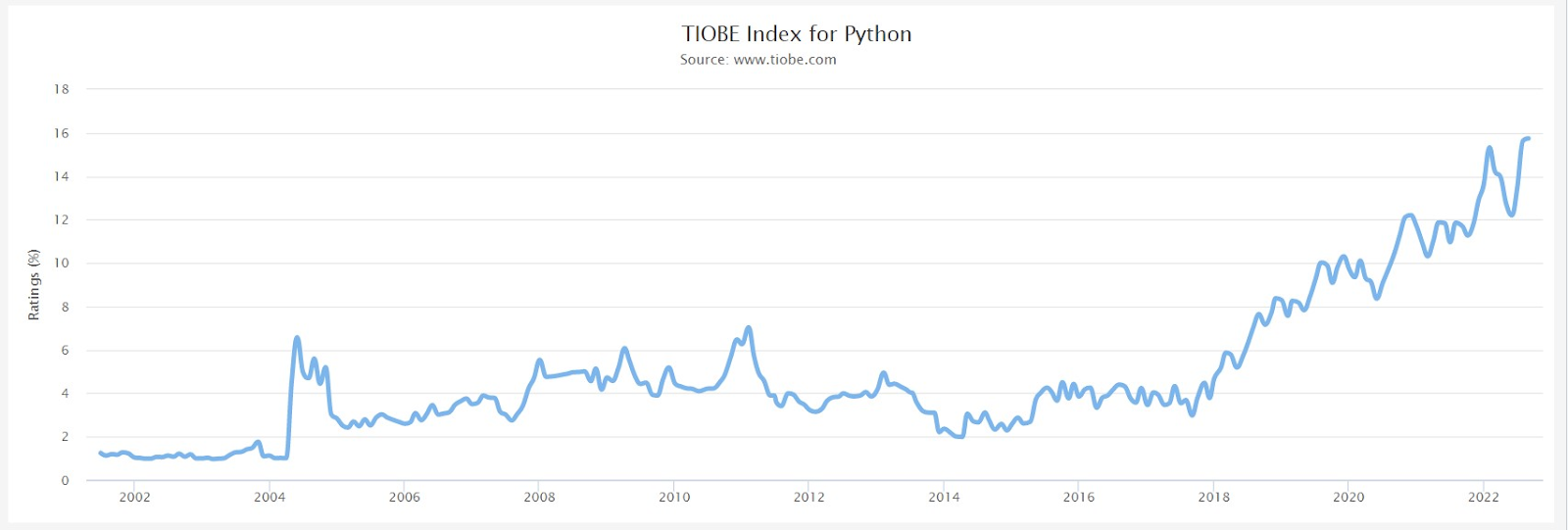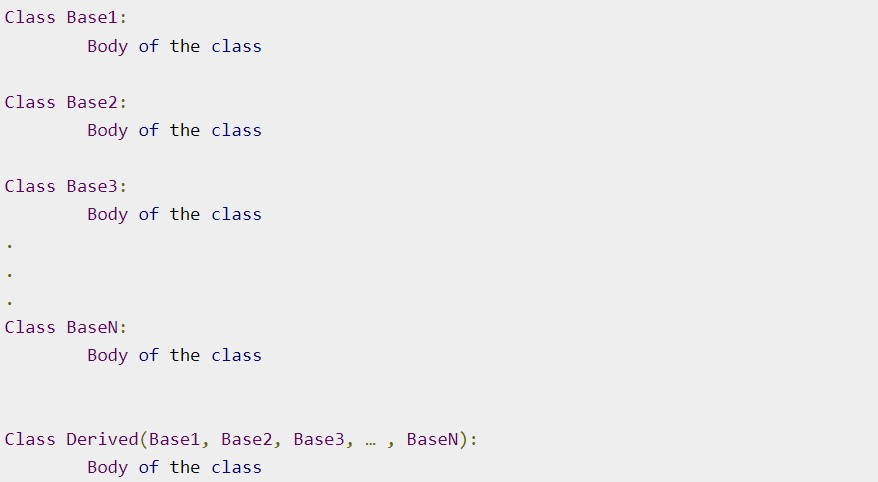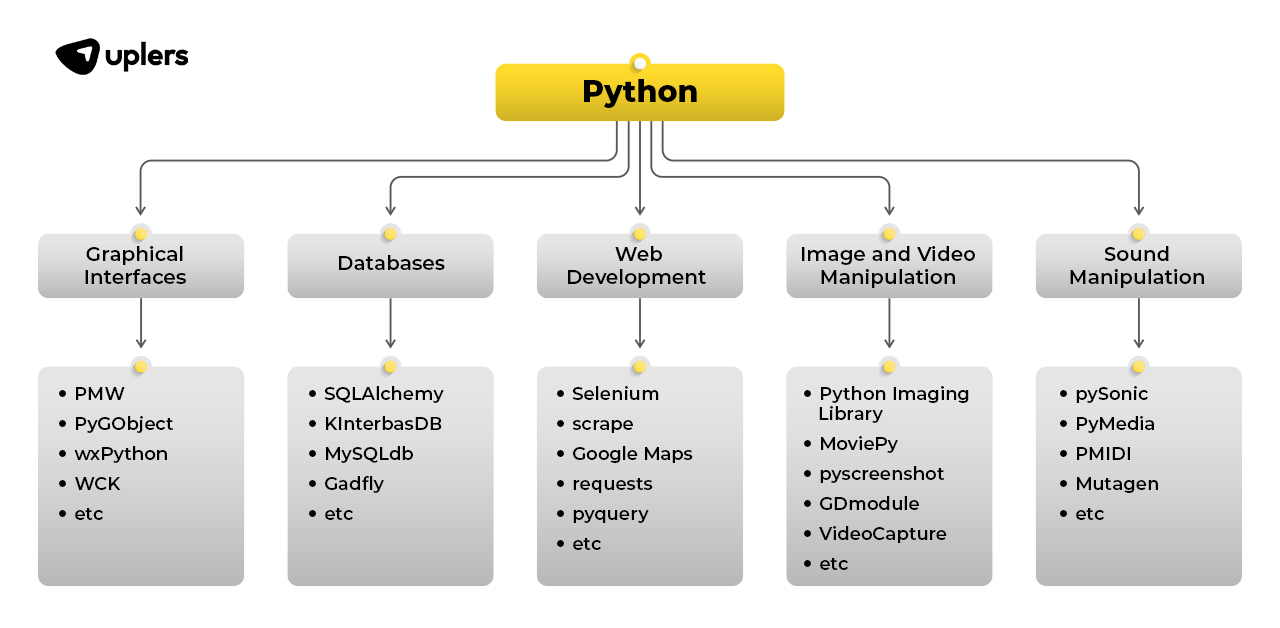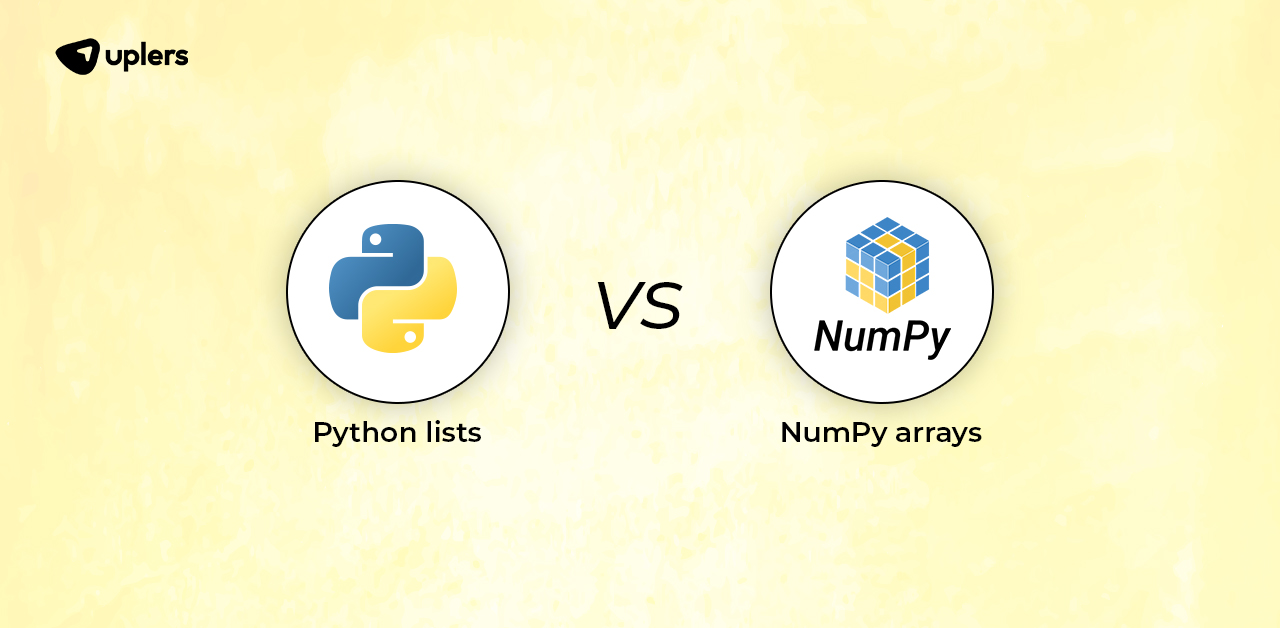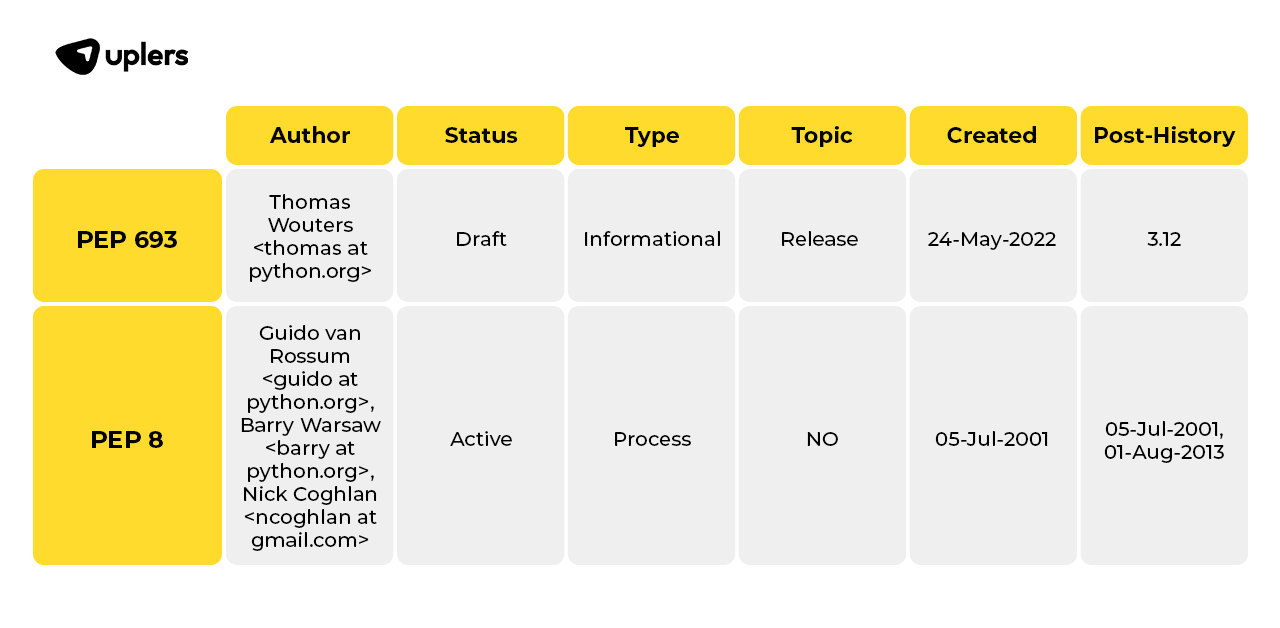Are you ready to use Python’s power for your next big project? With its simplicity and versatility, Python will continue to lead industries like AI, data science, and web development. In 2024, Python was among the most widely utilized programming languages, with over 51% of developers worldwide using it.
However, hiring top Python programmers in 2025 is challenging due to a competitive market and talent shortage. A strategic approach is required to identify candidates with advanced Python developer skills in Django, Flask, and emerging trends like machine learning.
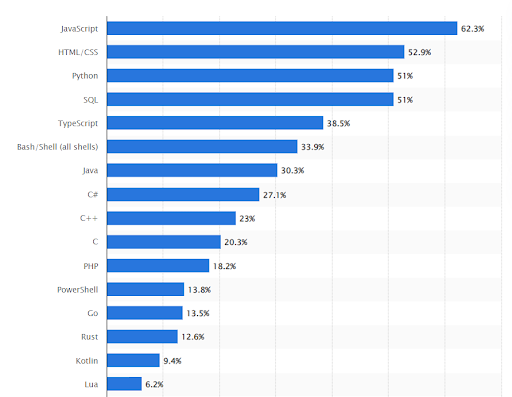
A bar graph displaying the most used programming languages among developers worldwide in 2024 – Source
Understanding the Evolving Role of Python Developers
Skilled Python developers are essential for developing effective, scalable, and innovative applications. They design and maintain applications, integrate third-party integrations, and ensure data security.
A Python developer has specific skills related to working with frameworks like Django, Flask, or even FastAPI, as well as libraries of machine learning and data analytics to perform automation activities. One must know these testing and debugging processes from the start of production to the end.
The landscape of Python development is rapidly evolving with emerging trends shaping its applications:
- Artificial Intelligence and Machine Learning Integration: Python dominates AI and machine learning due to libraries like TensorFlow, PyTorch, and scikit-learn. Developers use these tools to build predictive models, automate processes, and create intelligent systems.
- Internet of Things (IoT) Applications: Python’s simplicity and compatibility with IoT platforms make it ideal for developing applications that efficiently manage and process sensor data.
- Web and Mobile Application Development: Frameworks like Django and Flask enable the development of potent web and mobile applications, ensuring secure and scalable solutions.
- Data Science and Analytics: Python’s powerful libraries, including Pandas and NumPy, empower developers to manipulate, analyze, and visualize complex datasets effectively.
- Automation and Scripting: Python excels in automating repetitive tasks, enhancing workflows, and streamlining business processes, making it invaluable for enterprise solutions
Defining Your Project Requirements
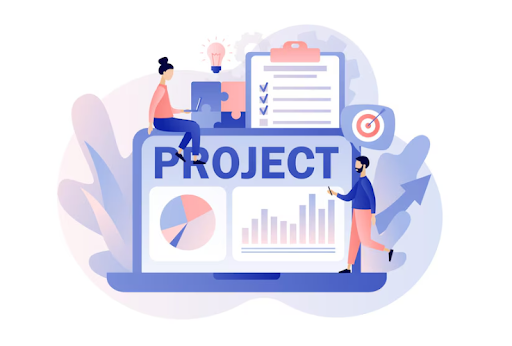
Before hiring Python programmers in 2025, clearly defining your project requirements ensures alignment with goals and expectations. Here’s how you can do it:
1. Assess the Project Scope and Objectives
- Identify whether the project involves building web applications, developing machine learning models, or automating processes.
- Define specific goals to ensure clarity for prospective candidates.
2. Identify Necessary Technical Skills and Experience
- Determine essential Python developer skills, such as proficiency in Django, Flask, Pandas, or NumPy.
- Include experience with tools like AWS, Docker, or Kubernetes for advanced project needs.
3. Determine the Level of Expertise Needed
- Assess whether your project requires junior developers for basic scripting or senior developers for complex architectures.
- Match the developer’s skill level with the project’s complexity for optimal outcomes.
Effective Strategies for Attracting Top Python Talent
Successfully hiring Python programmers in 2025 demands a multifaceted approach tailored to attract top talent.
1. Crafting a Compelling Job Description
Clearly articulate your project goals and company vision. Highlight required Python developer skills, such as expertise in Django or Flask, and provide details about growth opportunities and benefits.
2. Using Professional Networks and Online Communities
Platforms like LinkedIn, GitHub, and Stack Overflow are excellent for connecting with Python developers. Participate in discussions, share engaging content, and join Python-specific groups to increase visibility and build relationships with potential candidates.
3. Utilizing Specialized Recruitment Platforms
Platforms such as Upwork, Toptal, and Wellfound streamline the hiring process by providing access to pre-vetted professionals.
- Upwork: Ideal for hiring freelancers with diverse expertise in Python developer skills.
- Uplers: Focuses on top-tier, highly vetted Python talent for complex projects.
- Wellfound: Formerly AngelList, connects startups with Python developers seeking innovative opportunities.
4. Engaging with Educational Institutions and Coding Bootcamps:
Partnering with universities and attending bootcamp events can help identify emerging talent. Building connections with these institutions develops a consistent pipeline of developers skilled in Python who are trained to meet current industry demands.
Evaluating Candidates: Assessing Technical Proficiency and Cultural Fit
Effective hiring of Python programmers in 2025 requires a thorough evaluation of both technical expertise and cultural compatibility.
- Conducting Technical Assessments and Coding Challenges: Design real-world tasks focusing on essential Python developer skills, such as building REST APIs or data manipulation. These tests provide insights into their coding efficiency, accuracy, and problem-solving approach.
- Reviewing Portfolios and Previous Work: Analyze past projects for complexity, innovation, and relevance to your industry. A strong portfolio demonstrates the candidate’s practical experience in frameworks like Django, Flask, or Pandas.
- Assessing Problem-Solving Abilities and Critical Thinking: Present candidates with hypothetical scenarios or debugging tasks to gauge their ability to think logically and adapt to challenges. This is essential for navigating the ever-evolving demands of Python development.
- Evaluating Communication Skills and Team Collaboration: Strong interpersonal skills are crucial for successful teamwork. Assess how candidates explain technical concepts and collaborate during coding exercises or interviews.
Navigating the Interview Process
A structured interview process is essential for hiring Python programmers in 2025 who align with your technical and cultural needs.
- Preparing Relevant Interview Questions: Develop questions tailored to assess Python developer skills, such as experience with Django, Flask, or data analytics. Include scenario-based queries to evaluate their problem-solving abilities.
- Conducting Behavioral and Situational Interviews: Explore candidates’ adaptability by presenting real-world challenges, such as debugging a legacy system or managing project timelines. This approach gauges their critical thinking and team collaboration skills.
- Involving Technical Leads in the Evaluation Process: Technical experts should assess candidates’ coding proficiency and understanding of complex frameworks or tools. Collaborative evaluations ensure well-rounded hiring decisions.
- Providing a Positive Candidate Experience: Ensure clear communication throughout the process, including timely feedback and transparent expectations. A professional and engaging interview experience reflects positively on your organization.
Making Competitive Offers and Ensuring Retention
Securing top talent when hiring Python programmers in 2025 requires competitive offers and a focus on retention strategies.
- Understanding Market Compensation Trends: Research industry benchmarks to offer competitive salaries aligned with candidates’ skills and market demands. This ensures you attract top-tier talent.
- Offering Attractive Benefits and Growth Opportunities: Provide perks like flexible work options, professional development budgets, and performance-based incentives. Growth opportunities enhance engagement and long-term commitment.
- Creating a Supportive and Inclusive Work Environment: Develop a culture of collaboration and inclusivity where developers feel valued. An inclusive environment promotes innovation and job satisfaction.
- Implementing Onboarding Programs for New Hires: Design comprehensive onboarding programs that introduce tools, workflows, and team dynamics. Effective onboarding helps new hires integrate seamlessly and boosts productivity.
Leveraging Remote Work Opportunities
Remote work offers significant advantages when hiring Python programmers:
- Benefits of Hiring Remote Python Developers: You can access a global talent pool to find skilled professionals with specialized Python developer skills, reducing overhead costs and increasing flexibility.
- Managing and Integrating Remote Teams Effectively: Establish clear workflows, set measurable goals, and maintain regular communication to ensure alignment and productivity among remote team members.
- Utilizing Collaboration Tools and Technologies: Use tools like Slack, Zoom, and GitHub for seamless communication, project tracking, and version control, promoting efficient collaboration across distributed teams.
Staying Updated with Industry Trends and Best Practices
Remaining informed about industry trends will ensure success when hiring Python programmers in 2025.
- Continuous Learning and Professional Development: Encourage developers to upskill through courses in advanced Python developer skills, such as machine learning or cloud integration.
- Participating in Industry Conferences and Workshops: Engage with events like PyCon to explore emerging technologies and best practices shaping Python development.
- Networking with Other Tech Professionals: Build connections through platforms like LinkedIn or GitHub to exchange insights and access a wider talent pool.
Conclusion

Structuring an effective hiring strategy for Python programmers in 2025 requires a well-defined understanding of project requirements, combined with effective recruitment processes and professional candidate evaluation. From crafting strong job descriptions to using remote work opportunities, following a systematic guide can lead to successful outcomes.
A focused and efficient process ensures that you hire a Python programmer with the right skills, balancing technical proficiency and compatibility with team dynamics. This approach drives business efficiency, enhances talent acquisition, and supports long-term growth. Companies that invest in strategic hiring frameworks will secure skilled Python developers who can translate innovative ideas into meaningful results.
Frequently Asked Questions
What are the most in-demand skills for Python developers in 2025?
Proficiency in Django, Flask, machine learning libraries, data analytics tools, and cloud platforms will be crucial for Python developers in 2025.
How can I assess a candidate’s proficiency in Python frameworks like Django and Flask
Evaluate through coding challenges, technical assessments, and portfolio reviews to ensure expertise in building scalable and efficient applications.
What are the benefits of hiring Python developers?
Python developers bring versatility, enabling web development, data science, and automation solutions that streamline workflows and drive business success.
What are the common challenges in hiring Python developers, and how can they be overcome?
Talent shortages and skill mismatches are challenges that can be addressed by using specialized platforms, clear job descriptions, and comprehensive assessments.



